detail profile will geer
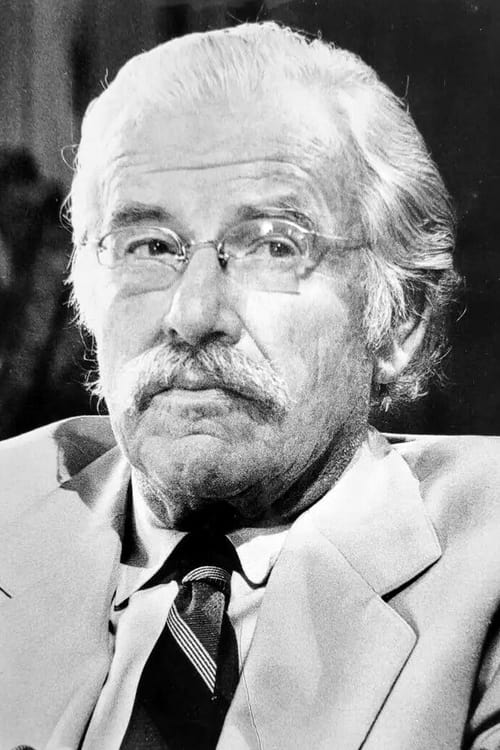
Will Geer
High Ghere
atau dikenal sebagai
Riwayat Hidup
From Wikipedia, the free encyclopedia
Will Geer (March 9, 1902 – April 22, 1978) was an American actor and social activist.
His original name was William Aughe Ghere.
He is remembered for his portrayal of Grandpa Zebulon Tyler Walton in the 1970s TV series, The Waltons.
Geer made his Broadway debut as Pistol in a 1928 production of Much Ado About Nothing, created the role of Mr.
Mister in Marc Blitzstein's The Cradle Will Rock, played Candy in John Steinbeck's theatrical adaptation of his novella Of Mice and Men, and appeared in numerous plays and revues throughout the 1940s.
From 1948 to 1951, he appeared in more than a dozen movies, including Winchester '73 (as Wyatt Earp), Broken Arrow, Comanche Territory (all 1950) and Bright Victory (1951).
Geer became a member of the Communist Party of the United States in 1934.
Geer was also influential in introducing Harry Hay to organizing in the Communist Party.
In 1934, Geer and Hay gave support to a labor strike of the port of San Francisco; the 1934 West Coast waterfront strike which lasted 83 days.
Though marred by violence, it was an organizing triumph, one that became a model for future union strikes Geer became a reader of the West Coast Communist newspaper People's World.
Geer became a dedicated activist, touring government work camps in the 1930s with folk singers like Burl Ives and Woody Guthrie (whom he introduced to the People's World and the Daily Worker; Guthrie would go on to write a column for the latter paper).
In 1956, the duo released an album together on Folkways Records, titled Bound for Glory: Songs and Stories of Woody Guthrie.
In his biography, fellow organizer and homosexual rights pioneer Harry Hay described Geer's activism and outlined their activities while organizing for the strike.
Geer is credited with introducing Guthrie to Pete Seeger at the 'Grapes of Wrath' benefit Geer organized in 1940 for migrant farm workers.
Geer acted with the Group Theatre (New York) studying under Harold Clurman, Cheryl Crawford and Lee Strasberg.
Geer also acted in radio, appearing as Mephistopheles (the Devil) in the 1938 and 1944 productions of Norman Corwin's The Plot to Overthrow Christmas.
He also acted in the radio soap opera Bright Horizon.
Geer was blacklisted in the early 1950s for refusing to testify before the House Committee on Un-American Activities.
As a result, Geer appeared in very few films over the next decade.
Among them was Salt of the Earth (1954) which was produced, directed, written, and starring blacklisted Hollywood personnel and told the story of a miners' strike in New Mexico from a pro-union standpoint.
The film was denounced as "subversive" and faced difficulties in its production and distribution as a consequence.
Description above from the Wikipedia article Will Geer, licensed under CC-BY-SA, full list of contributors on Wikipedia.
Info Pribadi
Peran Yang Di Mainkan Will Geer
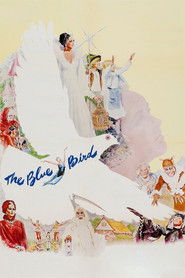 Peasant children Mytyl and Tyltyl are...
Peasant children Mytyl and Tyltyl are...The Blue Bird 1976
Peasant children Mytyl and Tyltyl are led on a magical quest for the fabulous Blue Bird of Happiness by the fairy Berylune. On their journey, they're accompanied by the anthropomorphized presences of a Dog, a Cat, Light, Fire, and Bread, among other entities.
 Rogue intelligence agents rightwing politicians greedy...
Rogue intelligence agents rightwing politicians greedy...Executive Action 1973
Rogue intelligence agents, right-wing politicians, greedy capitalists, and free-lance assassins plot and carry out the JFK assassination in this speculative agitprop.
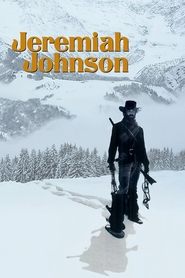 A mountain man who wishes to...
A mountain man who wishes to...Jeremiah Johnson 1972
A mountain man who wishes to live the life of a hermit becomes the unwilling object of a long vendetta by Indians when he proves to be the match of their warriors in one-to-one combat on the early frontier.
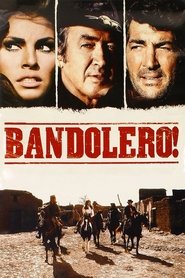 Posing as a hangman Mace Bishop...
Posing as a hangman Mace Bishop...Bandolero! 1968
Posing as a hangman, Mace Bishop arrives in town with the intention of freeing a gang of outlaws, including his brother, from the gallows. Mace urges his younger brother to give up crime. The sheriff chases the brothers to Mexico. They join forces, however, against a group of Mexican bandits.
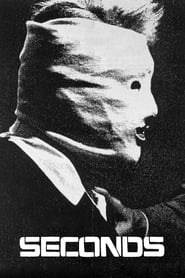 An unhappy middleaged banker agrees to...
An unhappy middleaged banker agrees to...Seconds 1966
An unhappy middle-aged banker agrees to a procedure that will fake his death and give him a completely new look and identity; one that comes with its own price.
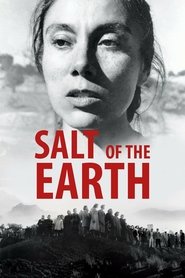 At New Mexicos Empire Zinc mine...
At New Mexicos Empire Zinc mine...Salt of the Earth 1954
At New Mexico's Empire Zinc mine, Mexican-American workers protest the unsafe work conditions and unequal wages compared to their Anglo counterparts. Ramon Quintero helps organize the strike, but he is shown to be a hypocrite by treating his pregnant wife, Esperanza, with a similar unfairness. When an injunction stops the men from protesting, however, the gender roles are reversed, and women find themselves on the picket lines while the men stay at home.
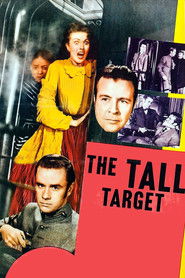 A detective tries to prevent the...
A detective tries to prevent the...The Tall Target 1951
A detective tries to prevent the assassination of President-elect Abraham Lincoln during a train ride headed for Washington in 1861.
 Indian scout Tom Jeffords is sent...
Indian scout Tom Jeffords is sent...Broken Arrow 1950
Indian scout Tom Jeffords is sent out to stem the war between the Whites and Apaches in the late 1870s. He learns that the Indians kill only to protect themselves, or out of retaliation for white atrocities.
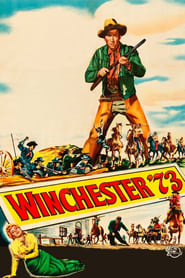 Lin McAdam rides into town on...
Lin McAdam rides into town on...Winchester '73 1950
Lin McAdam rides into town on the trail of Dutch Henry Brown, only to find himself in a shooting competition against him. McAdam wins the prize, a one-in-a-thousand Winchester rifle, but Dutch steals it and leaves town. McAdam follows, intent on settling his old quarrel, while the rifle keeps changing hands and touching a number of lives.
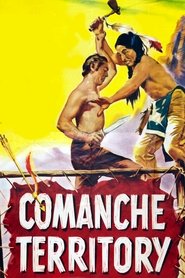 Silver has been found on comanche...
Silver has been found on comanche...Comanche Territory 1950
Silver has been found on comanche territory and the government accomplished a peaceful agreement with the indians. When James 'Jim' Bowie comes into the scene he finds the white settlers living near by planning to attack the indians although they know about that agreement and the beautiful Katie seems to play a leading role in this intrigue.
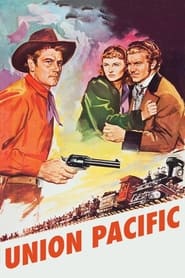 One of the last bills signed...
One of the last bills signed...Union Pacific 1939
One of the last bills signed by President Lincoln authorizes pushing the Union Pacific Railroad across the wilderness to California. But financial opportunist Asa Barrows hopes to profit from obstructing it. Chief troubleshooter Jeff Butler has his hands full fighting Barrows' agent, gambler Sid Campeau; Campeau's partner Dick Allen is Jeff's war buddy and rival suitor for engineer's daughter Molly Monahan. Who will survive the effort to push the railroad through at any cost?
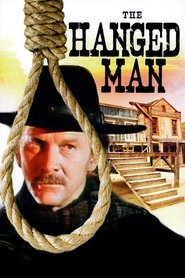 A gunfighter who survives his own...
A gunfighter who survives his own...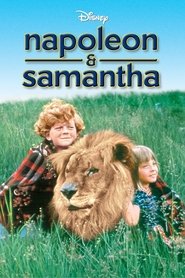 Two young children who rather than...
Two young children who rather than...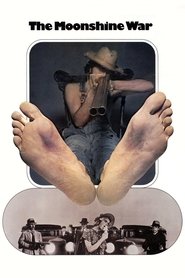 A federal agent attempts to make...
A federal agent attempts to make...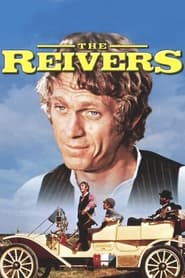 In turnofthecentury Mississippi an 11yearold boy...
In turnofthecentury Mississippi an 11yearold boy... After a botched robbery results in...
After a botched robbery results in...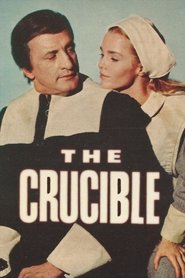 Landmark TV adaptation of the Arthur...
Landmark TV adaptation of the Arthur...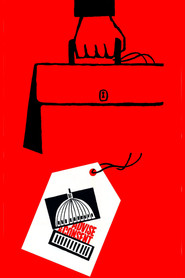 Proposed by the President of the...
Proposed by the President of the...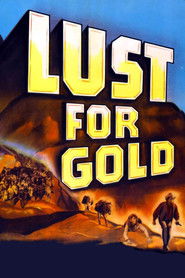 A man determined to track down...
A man determined to track down...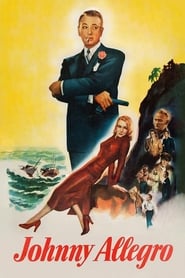 Treasury Department officials recruit a florist...
Treasury Department officials recruit a florist...